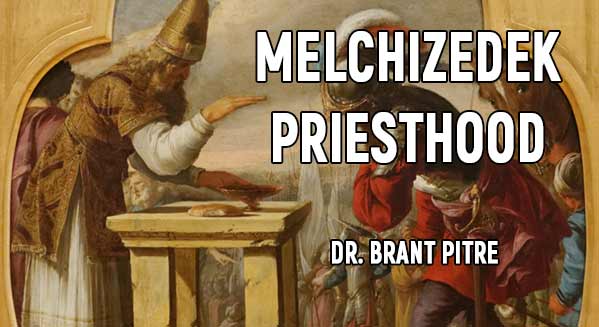Trying to catch up with all the items we purchased… only 1/2 way through- but content and presentation is terrific
Easy tending and learning.
The Mass Explained + The Mass Readings Explained <Main Product>
This content is excellent. Dr Pitre is a fantastic communicator and his depth of knowledge is outstanding. He brings these two gifts together to provide wonderful insights into the Mass readings that facilitate greater engagement with the Scriptures. I find his explanations are the perfect preparation for Sunday Mass.






